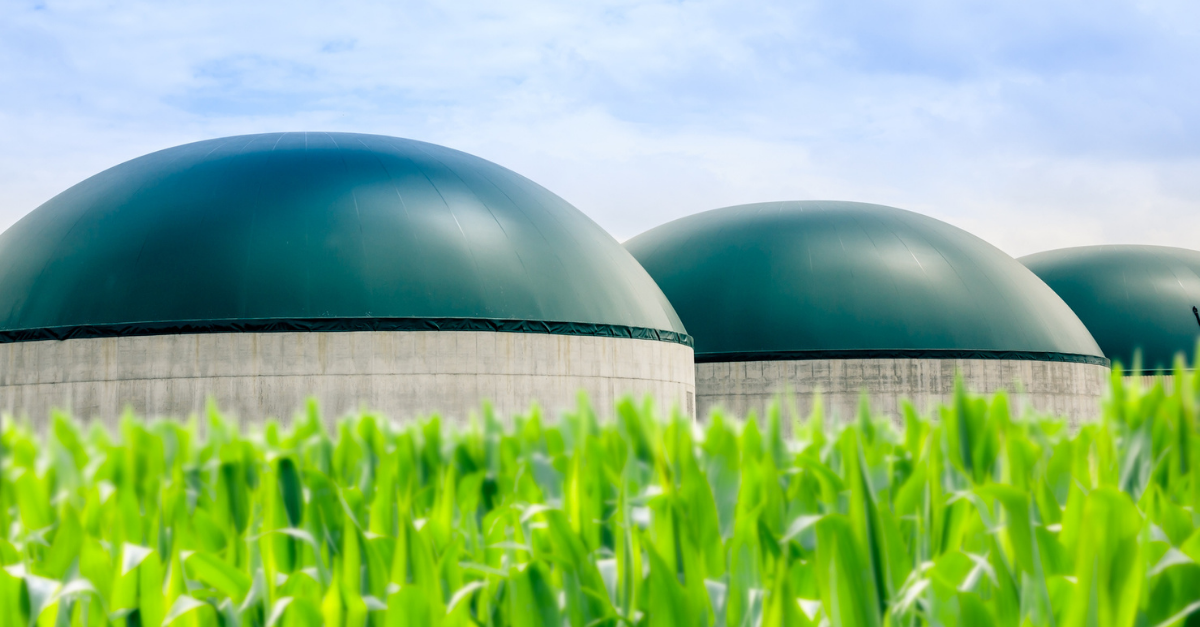It is estimated that more than 230 million tonnes (Mt) of CO2 is used every year worldwide. The fertiliser industry is the largest consumer, with 130 Mt of CO2 used in urea manufacturing, followed by oil and gas, which consumes 70 to 80 Mt of CO2 for enhanced oil recovery.
Many industries depend upon CO2 for their day-to-day operations and production, such as breweries, food and beverage and agriculture to name a few.
Traditional CO2 Production and its Harmful Impacts
There are many methods of producing CO2 – such as distilling CO2 from the air, but such a method is expensive and inefficient. It is usually more efficient to capture CO2 from other sources where it is a waste material. The majority of CO2 utilised by industry today is a by-product of fossil fuel operations, most often from natural gas or coal-fueled facilities producing ammonia. The gas released during the combustion of these fuels releases harmful amounts of CO2 into the atmosphere, now reaching alarming levels.
The rise in CO2 levels produces an excess of greenhouse gases, which causes global warming, which causes climate change. The symptoms of which include melting polar ice caps, rising sea levels, disruption of animal natural habitats, extreme weather events, and a slew of other dangerous side effects. Many are acting by looking at new ways to produce CO2 to try and reduce harmful levels being released into the atmosphere – one of the ways is the production of CO2 from biogas.
Biogas and Green CO2
In recent years, biogas has gained favour as a “greener” fuel. This is the methane produced by anaerobic digestion, which can be utilised to replace conventional natural gas in landfills or “digesters” that convert animal manure or food waste.
Biogas typically contains 60% biomethane, which is a renewable fuel, and 34% CO2, which is a natural residual product. Rather than wasting and emitting this residual CO2, a specially built unit is designed to recover and recycle all the CO2, enhancing the facility’s sustainability and circular economy credentials. Green CO2 created from biogas is believed to have higher supply reliability and be a more sustainable product than regular CO2 derived from fossil fuels.
Biogas also helps to reduce methane emissions from landfills and manure lagoons that might otherwise escape. By turning this methane into CO2, which is up to 34 times less potent as a greenhouse gas, using it as a fuel significantly minimises its climatic impact.
As the carbon in biogas comes from plant matter that has fixed CO2 from the atmosphere, biogas production is considered carbon-neutral and does not contribute to the emission of greenhouse gases. Furthermore, any fossil fuel consumption that is replaced by biogas reduces CO2 emissions.
In summary, the production of CO2 through biogas is up to 34 times less potent compared to the production of CO2 through conventional processes. It is also more environmentally friendly and green CO2 can be utilised in many industries and industrial processes. CO2 is also being used to innovate different technologies, such as the development of new building materials that could permanently remove carbon from the atmosphere. Green CO2 is the future – will you join us?

Pro Gases UK supplies bulk green CO2 to businesses across the UK.
The benefits of green CO2 and our service are simple:
– Continuity of supply all year round with no surcharges
– Tested and fully certified gases to food grade standards, providing customers quality assurance
– A simple supply chain without complexities to minimise disruption and reduce costs.
For more information, call us on 0151 922 1118, or submit your details below.
